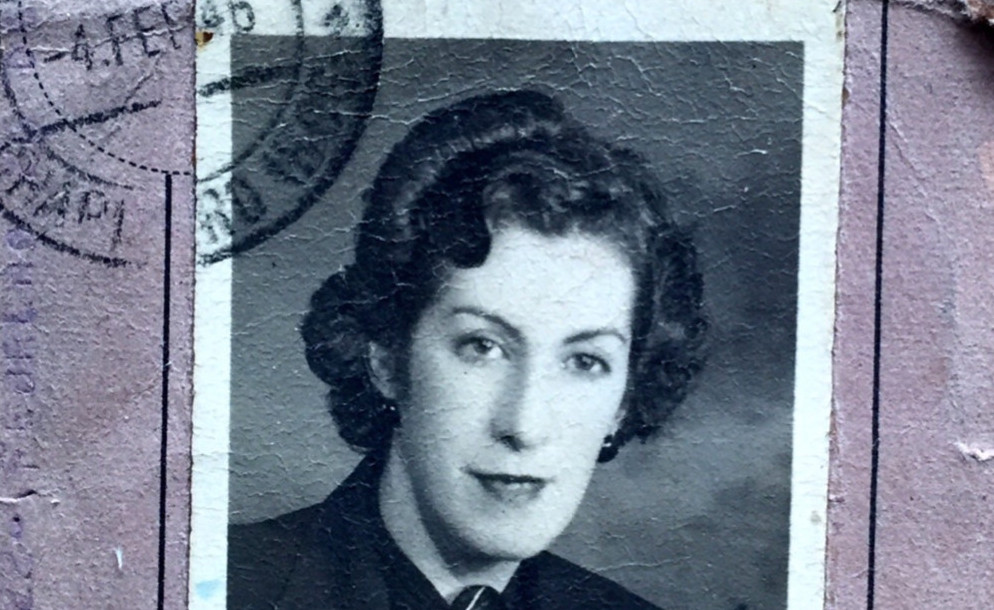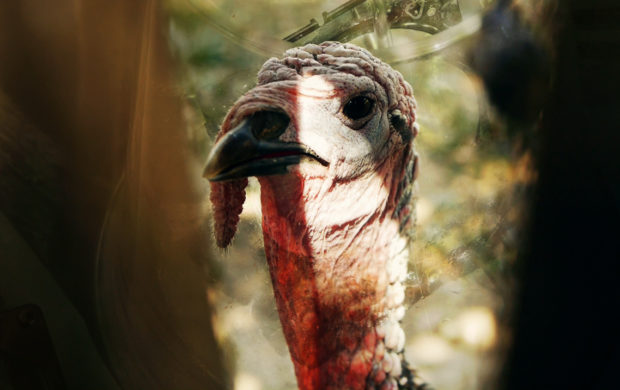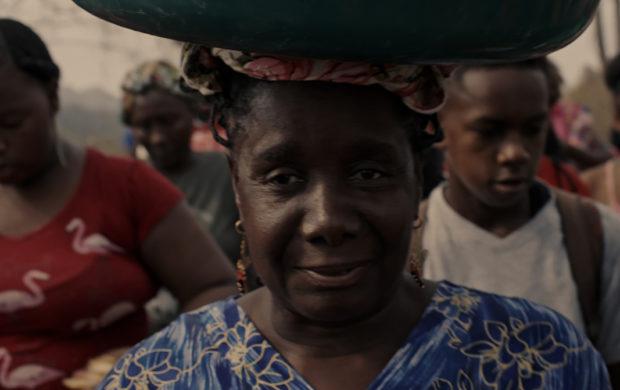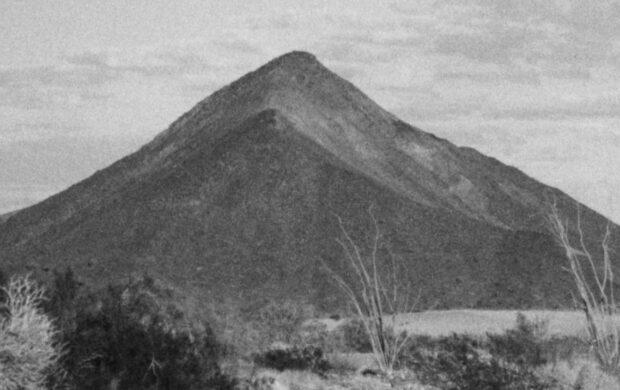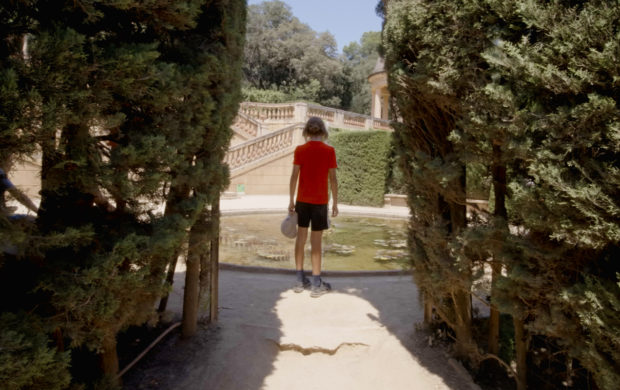ANA ROSA
- 2023
- France, Colombia
- 93 min
- Language: Spanish
INSTITUT FRANÇAIS LOUIS MARCORELLES AWARD
Why did my grandmother have a lobotomy? By drawing the threads of this drama, I’m exploring the links between psychiatry and the society of its time and the very particular place of women in this history…
As a starting point, one more silence in the history of a family and the history of women. The filmmaker Catalina Villar investigates her grandmother whose story has been walled in silence. And out of this family story, the filmmaker produces a collective history, one about the abusive use of lobotomies on women in Colombia. Extricating a structural history from a personal inquiry implies upending what you find, getting to grips with the blind spots, to find the most precise words to describe a situation. In this way, the filmmaker finds this essential movement: moving from “they did this to her” to “she endured this”. With her family members as witnesses and empty sites laden with their past, she paints the portrait of a woman, Ana Rosa, who was more complex than expected, doubtless damaged by the roles she was assigned. Because in Ana Rosa’s times, you had to comply with the ideas that society held of women. To do so, as was often the case, men allowed themselves to ruin women’s bodies and correct their attitudes. The film opens up an abyss of violence that expands as the filmmaker advances. Behind one lobotomy, thousands of others lay hidden, practised on women by men in most cases. Lobotomy as a punishment for being a woman and as an ideological practice. And as the film reveals yet another method for distancing women from their self-awareness, the filmmaker travels the path of collective consciousness. Against docility and obedience, against silence, against closed doors, for open asylums, for a madness to be lived with rather than condemned. To bring down the walls of silence around violence and those they protect.
Clémence Arrivé
- Production : L'Atelier documentaire (Raphaël Pillosio), Perrenque Media Lab (Cristina Villar Rosa)
- Photography : Mauricio Vidal, Yves de Peretti
- Sound : Cesar Salazar
- Editing : Adriana Komives
- Music : Martin Wheeler
- Print source : L'Atelier documentaire - contact@atelier-documentaire.fr
